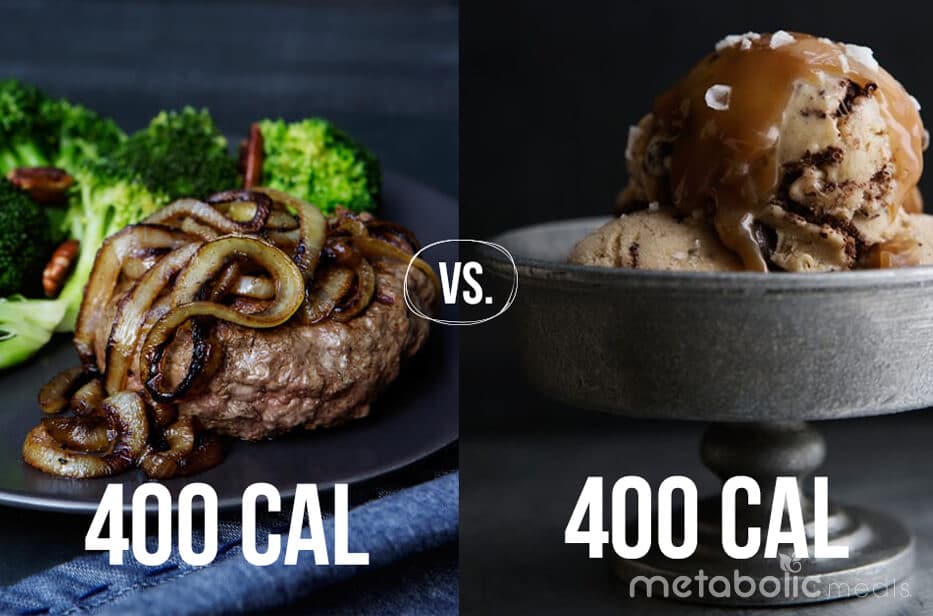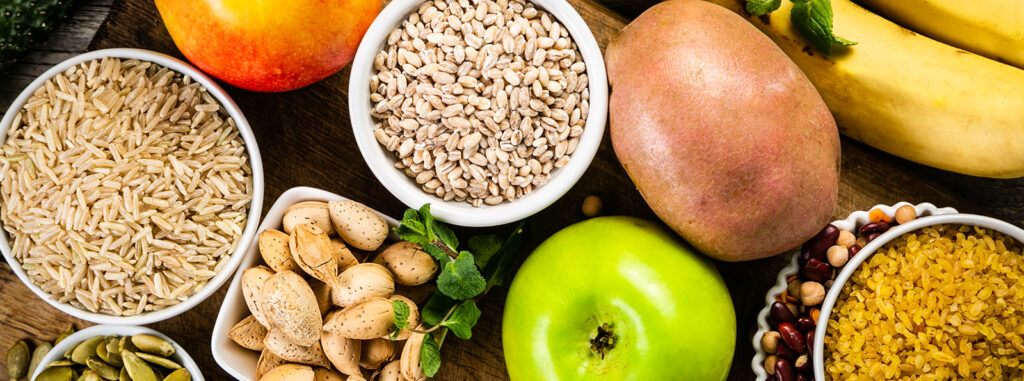Losing body fat can be a difficult task. Unfortunately, clean eating and regular exercise can sometimes be viewed as antisocial activities by friends and family who don’t practice healthy lifestyles. It’s not uncommon to be pressured into skipping a workout or guilted into having a slice of pizza instead of a chicken breast.
You could also be genetically prone to hormonal imbalances, such as hypothyroidism and insulin resistance, which make weight loss even more challenging. Others may be able to eat similarly to you yet be significantly leaner.
Nutritional misinformation is the icing on the cake. Many people feel like they’re making the right food decisions only to be discouraged by lack of results. They let large food companies’ marketing efforts miseducate them on what is and isn’t healthy. For successful fat loss results, it’s imperative to base your plan of attack on accurate knowledge and consistent daily action.
Everyone Makes Mistakes — Especially These
Much of what many people mistake for common fat loss knowledge isn’t exactly accurate. These five mistakes may be common, but they’re also easily avoidable once you can spot them in your own routine:
1. Excessive calorie counting

We’ve always been taught that losing weight means taking in fewer calories than we expend. But that advice is only semi-accurate. This method will cause initial weight loss, but eventually a new caloric set point will force you to consume even fewer calories. And when calories drop too low, most weight loss comes from muscle instead of fat.
Not all calories are created equal — 400 calories of bison and broccoli have a drastically different effect on your body than 400 calories of ice cream. Different foods signal your body to store or burn fat, even if they have the same caloric value. Calories do matter, but focus on eating nutrient-dense foods with a low glycemic load, such as proteins, vegetables, and healthy fats, for better health and faster fat loss.
2. Eating the wrong foods

Large food companies spend millions of dollars convincing consumers that their products are necessary for people’s health. Organizations like the American Dietetic Association, which stands to make millions in sponsorship dollars, keep sending out the message that a healthy diet should be founded on “healthy” complex carbohydrates. Cereals and snack foods carrying the whole grain label fool people into believing they’re making a wise choice.
In reality, these foods are usually low in fiber and carry a high glycemic load. Educate yourself on what you should eat, but verify the information. Trust nutrition experts with a proven track record of helping people lose weight, improve health, and increase athletic performance.
3. Dieting contrary to your lifestyle

For long-term success, healthy eating must become a part of your daily life, so it needs to be sustainable. Fad diets that promise dramatic results fast never have an exit strategy. Say you do a low-calorie, all-juice diet for a week and lose 10 pounds — then what? Quick, unhealthy weight loss results in hormone changes that prime you for gaining the weight back quickly in the form of water and body fat.
Don’t waste time looking for the latest and greatest fad diet. Instead, commit to eating nutrient-dense healthy foods at least 80 percent of the time. Consistently eating high-quality proteins, vegetables, and healthy fats will improve your health in a multitude of ways while keeping your body in optimal fat-burning mode.
This also affords you a few meals each week to eat whatever you want! Occasional cheat meals actually improve fat loss. However, it’s important to stick to a single cheat meal and not indulge in a whole day of cheating, which will sabotage your efforts.
4. Relying too much on cardio

It’s a common misconception that cardiovascular exercise is the key to losing fat. This mistake causes many people to place more importance on cardio than nutrition. Excessive cardio increases cortisol and causes muscle atrophy. A five-pound decrease in muscle mass can significantly lower your ability to burn calories while resting.
You can’t outrun a bad diet. Trade some of your cardio for weight training. Lifting weights with enough intensity creates excess post-exercise oxygen consumption, or the afterburn effect. Studies show that you can elevate your metabolism for up to 48 hours after weight training, compared to only four hours after cardio.
5. Drinking too much alcohol

Remember how not all calories are created equal? That definitely applies to alcohol. Low-carb, low-calorie alcoholic beverages make people think they can drink and still easily stay below whatever calorie threshold they’ve set. Here’s the problem: Drinking alcohol interferes with normal metabolic pathways, including fat loss.
Even if you’re well under your daily calorie goals, alcohol will cause your body to stop burning fat for a variable period of time. If fat loss is your goal, drink alcohol as sparingly as possible.
Maintaining your weight in a healthy, sustainable manner takes knowledge and effort. It certainly isn’t easy, but it’s definitely worth it. Don’t fall into the trap of always looking for the latest and greatest. Fad diets set you up for rebounding and failure. If you become a little lax and gain weight, remember what worked for you in the past.
Surround yourself with supportive people. Friends who want to grab a healthy lunch or train together after work make staying in shape much easier. You’ll always have friends and family who are less supportive of your healthy lifestyle, but stay disciplined and focused on your goals. Like any habit, your ability to say “no” and stick to your fat loss goals gets stronger in time.






